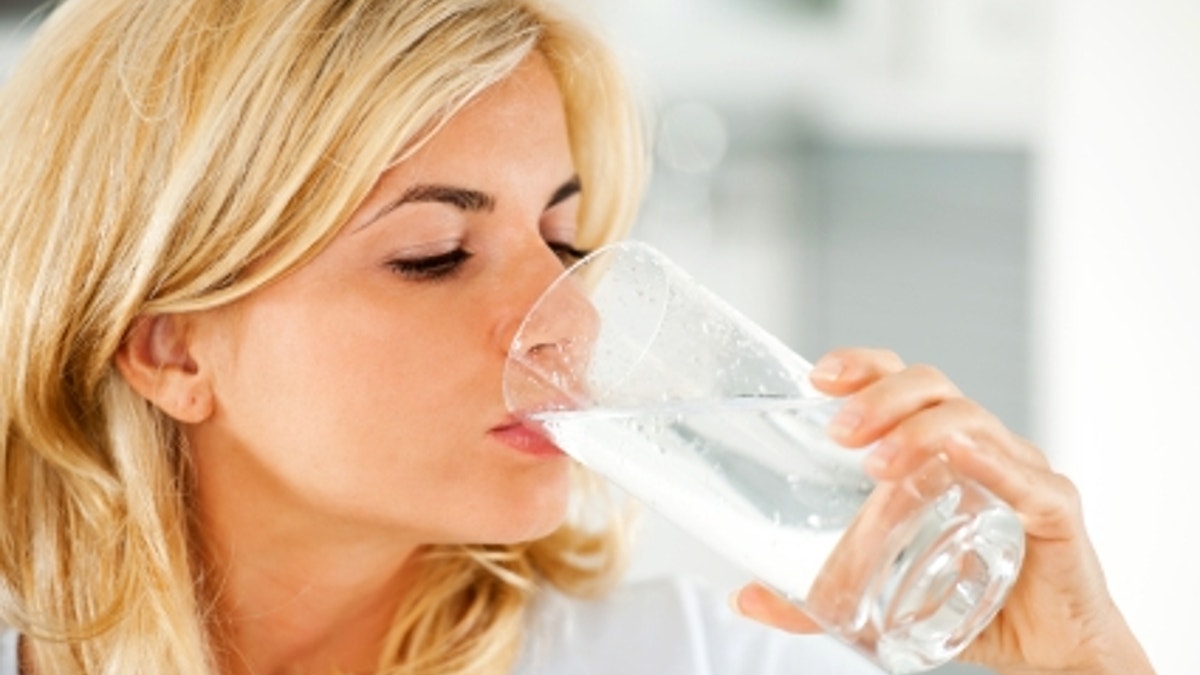
Is your bottled water really as pure as it claims to be? Unfortunately, that question may be harder to answer than you’d expect. I am a big proponent of drinking water, whether it comes from a bottle or tap. It’s what your body needs to be healthy. Water can restore lost minerals, lubricate your joints, and keeps your skin looking young and healthy.
Water is so important that I check myself every day to see if I’m drinking enough. How? Monitor yourself in the bathroom. If your urine is pale, you’re drinking enough. If it’s bright yellow, you need to drink more water. If you’re drinking alcohol, you need to drink even more water to compensate. My rule is two sips of water for every sip of wine. Just order your drink with “water back” and you’ll be good to go.
Some people claim tap water is better for you than bottled water. I believe that depends on the specific water. Lou Savant, president of Kiwaii True Spring Water, explained it to me this way: “Bottled water is tested to the same standards as tap water. Reporting regulations are different, but that does not mean that bottled water is less regulated when it comes to standards. In fact, any water brand that is considered ‘natural,’ such as spring water or artesian water, must prove the water does not come from surface water or contain any contaminant typically found in surface water. Most public water supplies come from surface water.”
If you’re curious about bottled water regulations, you can learn more on the FDA’s website. The International Bottled Water Association also shares myths and facts about bottled water, and the Environmental Working Group provides a bottled water scorecard, which ranks waters based on transparency in reporting the source of the water, how it is purified, and the results of purity tests. Here are their top three waters in 2011:
• Tap water
• Gerber Pure Purified Water
• Nestle Pure Life Purified Water
Of course, you also need to know your tap water is safe to drink. A recent study published in the journal Environmental Science & Technology suggests that in specific cases, contaminants can get into drinking water through aging pipe distribution systems. This could cause up to one million cases of acute gastrointestinal illness each year. You can learn more about testing your home water supply on the EPA’s website.
Once you know your water is safe, it all comes back to how the water tastes. Some people turn away from tap water because it tastes bad. But you can fix that at home by filtering your own water. A simple way to start is with a water filter pitcher, or you can install an in-home filtration system. The Aquasana Filter website has a nice comparison that explains the different types of home filtration systems.
Bottled water is easy to carry around, but some people worry about the environmental impact of the bottles. Savant told me, “Glass and plastic are both highly recyclable, as long as people recycle them. There is evidence that bottled water consumers in general are eco-conscious and water bottles experience the greatest recycling rates of any packaged good.”
If you prefer refilling your own bottle, I recommend choosing one that is BPA-free. There’s a great new bottle you might want to consider if you worry about cleanliness. It’s called the Square and it will start shipping this coming December. I love the design because you can remove both the top and bottom to get it really clean.
Choosing between bottled and tap really is a matter of personal preference. Whatever you choose, make sure you’re drinking enough water every day to stay well hydrated. Your body will thank you.
Michelle King Robson (pronounced robe-son) is one of the nation's leading women's health and wellness advocates. She is the Founder, Chairperson and CEO of EmpowHER, one of the fastest-growing and largest social health companies dedicated exclusively to women's health and wellness. In 2011 EmpowHER reached more than 60 million women onsite and through syndication expects to reach more than 250 million in 2012.
